The Earth is choking on plastic waste: How can the planet be reanimated?
"Glass apart, paper apart!" - everyone knows this when sorting household waste. But what if everything is not as straightforward as it seems at first glance? Where does garbage go next, what happens in the recycling market? These and many other questions will be answered at the international online forum "Global Crisis. We Are People. We Want to Live", which will take place on May 7, 2022, thanks to volunteers from 180 countries, with simultaneous interpreting into 100 languages.
CREATIVE SOCIETY - BREAKING NEWS
"Glass apart, paper apart!" - everyone knows this when sorting household waste. But what if everything is not as straightforward as it seems at first glance? Where does garbage go next, what happens in the recycling market? These and many other questions will be answered at the international online forum "Global Crisis. We Are People. We Want to Live", which will take place on May 7, 2022, thanks to volunteers from 180 countries, with simultaneous interpreting into 100 languages.
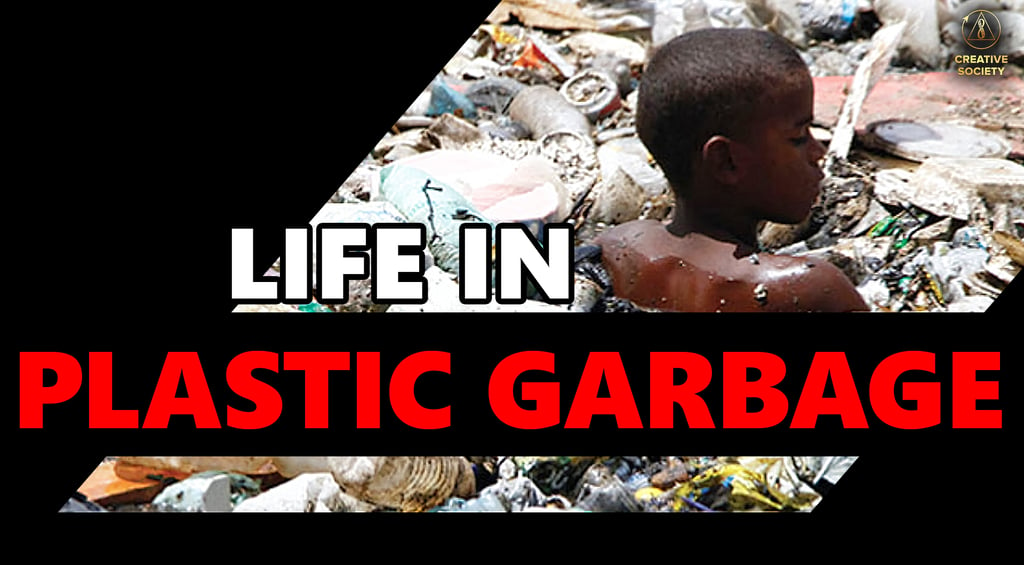

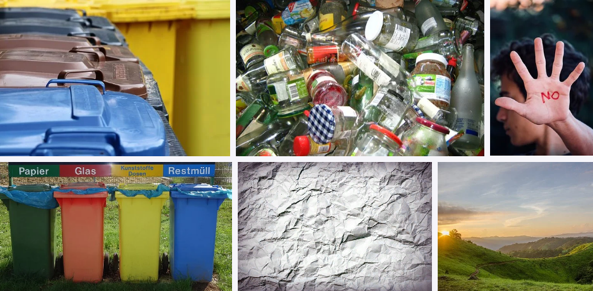

Clean fragrant Europe, neat streets, sunbeams in the emerald meadows - it's really cool and beautiful, but the idyll is broken by the realities of the XXI century. Alas, the end-user does not actually know what happens after separate collection of garbage. Yet, this topic is very serious, because now we have a consumerist format of society, where everything is focused on profit at all costs, and, therefore, disregard for the environment.
How was the issue of waste disposal solved? The answer is dismal - in no way.
No one is hiding it, though; transnational corporations are not going to invest in the future of young generations, and the proverbial motto "Enough for our lifetime" is quite acceptable for corporations. But what about ordinary people facing the stench of irresponsibility at all levels: from the legal framework to the recycling market (which, in fact , does not exist because of the high cost of equipment and technology).
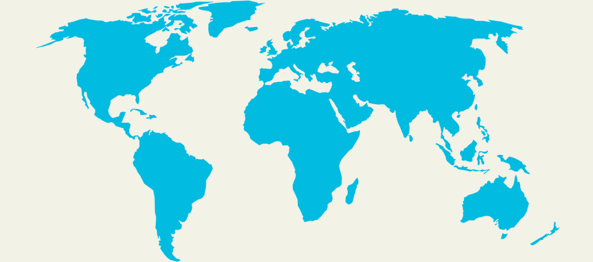

According to the data of the Geneva Secretariat, since the middle of the XX century, about 6.3 billion tons of plastic waste have been generated in Europe, and only less than 10% of them were recycled, 12% were incinerated and almost 80% ended up in landfills in other countries. Every year, about 25 million tons of plastic waste (including e-waste) are generated in Europe. The question arises - what to do with this waste?
Everything is simple - until recently, garbage from the Old Continent was transported to the so-called "Third World" countries. From 2002 to 2015, the volume of European garbage removed increased by a gigantic 413%. And this is not just about Europe anymore; it is a problem of the consumer society as a whole, a problem of the whole world. Just look at the planet from space, for example from the ISS, to understand the absurdity of the situation when tons of waste are dumped under your neighbors' windows.
However, things have started to change. Since 2018, China has banned the import of waste into its territory. Since 2021, a restrictive law on the export of plastic waste to other countries has come into force in Europe. But what can be done if the path is already blazed? According to Malaysian Environment Minister Yeo Bi Yin, as quoted in the German newspaper Sueddeutsche Zeitung, "Since China banned the import of plastic waste, developed countries have redirected waste exports to Southeast Asia, including Malaysia."
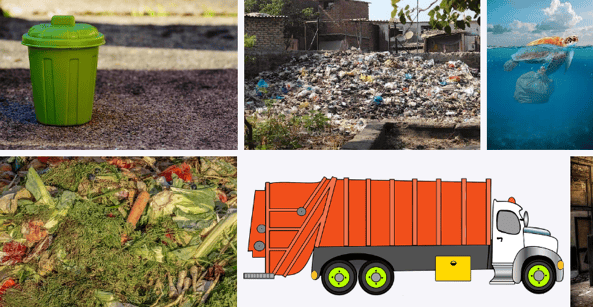

A paradoxical situation arises: the consumerist format of society requires constant production of goods, but none of the countries has enough capacity for recycling. And most importantly, the garbage continues to be stored in landfills, violating storage rules and causing irreparable harm to the environment.
And all because corporations are not going to change the status quo, and the ordinary citizen does not think about the fate of discarded plastic containers.Well, it's time to reconsider our past reference points and ask ourselves whether civilization is progressing in the right direction? Maybe, it's time to change the world for the better, not in words, but in deeds?
These are the questions asked by volunteers from more than 100 countries of the world. All questions will be answered by scientists, experts, politicians and public figures at the international forum on May 7.


This is, indeed, a very serious topic, because plastic waste does not biodegrade, it turns into microplastic particles. Nothing disappears without a trace, and now particles of microplastics are returning to people's dinner tables in the form of seafood (fish and so on), Japanese or Korean "sushi", even in the form of fruit.
Microplastics are already being found deep in the world's oceans, and even high in the mountains. But most importantly, particles of microplastic were found in human blood - and this is a very alarming bell... So what can be done and what is the way out? You must admit that every problematic situation has a root cause, in other words, it makes no sense to fight the consequences by single-handedly picking up trash from the Pacific Coast.
It is certainly important and necessary, but it is a drop in the ocean. Consequently, it is necessary to get to the bottom of the ecological disaster. It has long been no secret, though: the root of the problem is the consumerist format of society, which has created all the conditions for shady deals, fraud and corruption.
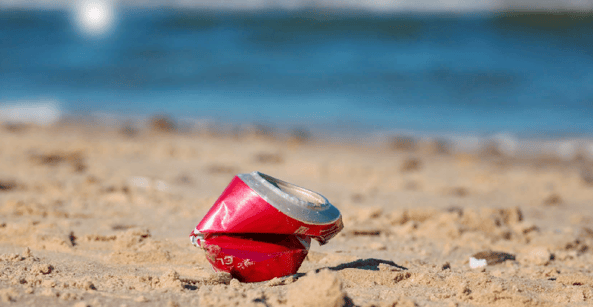

The objective and correct solution in this situation can be a creative format of society, with its transparency and openness of information for all. Then there will be no need to invent "garbage schemes", "garbage mafia" will disappear as unnecessary, and the Pacific Ocean will breathe freer from the "garbage continent" in the middle of its waters.
Why? Because a vast resource of scientific and technological potential will be released and can be redirected towards real plastic recycling. After all, all the necessary technology has been available for a long time, but for now it is just gathering dust in the archives. YouTube live broadcast of the international forum starts at 15:00 (GMT) on May 7.
Be sure to join in! The world today is teetering on a shaky line of choice - either the Creative Society with the value of each person's life (and respect for the environment), or exactly the opposite. As it usually happens in such situations - today everything depends on the choice and the decision of each person. And then, we simply have to act in accordance with the laws of conscience. It looks like there may be no other opportunity to change the world for the better.

